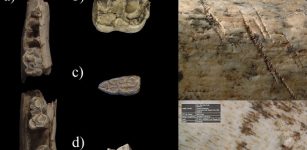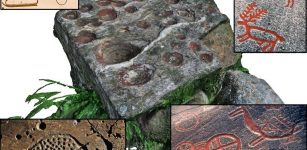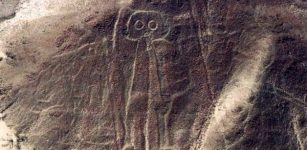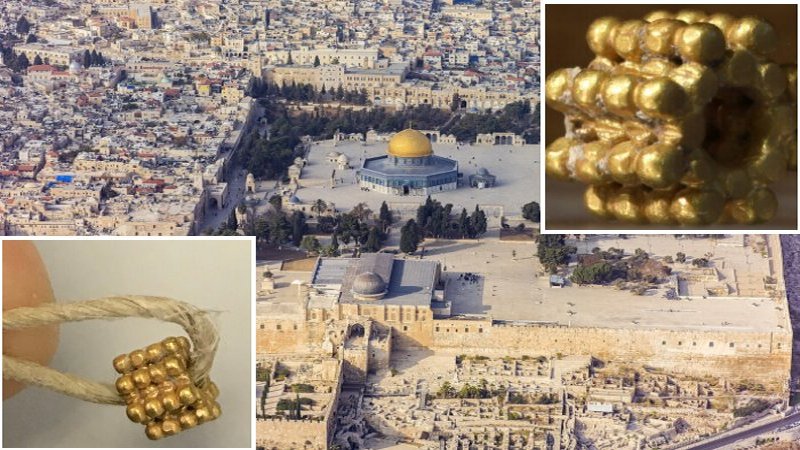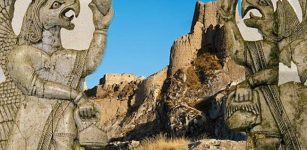Remarkable 2,000-Year-Old Smoke-Absorbing Lamps Reducing Pollution Discovered
MessageToEagle.com – Recently we reported how archaeologists excavating in China have uncovered eight main tombs and a chariot burial area with walls.
The burial site is believed to be of Liu He – the grandson of Emperor Wu, who was the most influential ruler of the Western Han Dynasty (206BC-AD25) – and Liu’s wife along with a handful of family members. Inside the tombs there were a number of precious artifacts. Some of them are remarkable ancient smoke-absorbing lamps capable of reducing pollution!
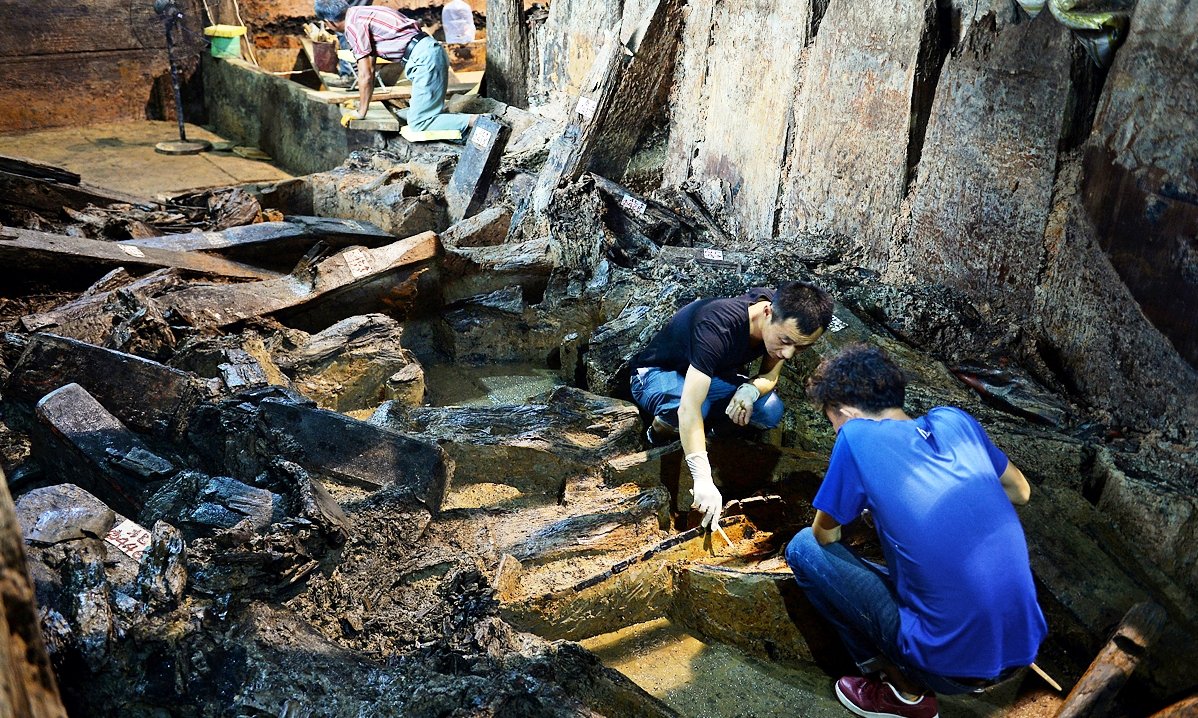
According to Xin Lixiang, who leads the excavation team, the lamps are both the shape of a goose catching a fish in its mouth. The light is attached to the fish. Smoke emitted during the burning of wax can enter the bird’s body via an intake on the fish, travel through its neck and be dissolved by water stored in its hollow belly.
It is both an artwork and an example of ancient innovation,” Xin said, adding that the lamps can be dismantled for cleaning and have swinging lamp shades to adjust brightness.
The Han Dynasty was the heyday for Chinese bronze lamps, but such smoke-absorbing designs were probably affordable only by high nobles.
The two lamps were found in September in the tomb of “Haihunhou” (Marquis of Haihun). Located near provincial capital Nanchang, the Haihunhou cemetery is the most complete Western Han Dynasty cemetery ever discovered in China. It covers roughly 40,000 square meters and contains eight tombs and a burial site for horses used to pull chariots.
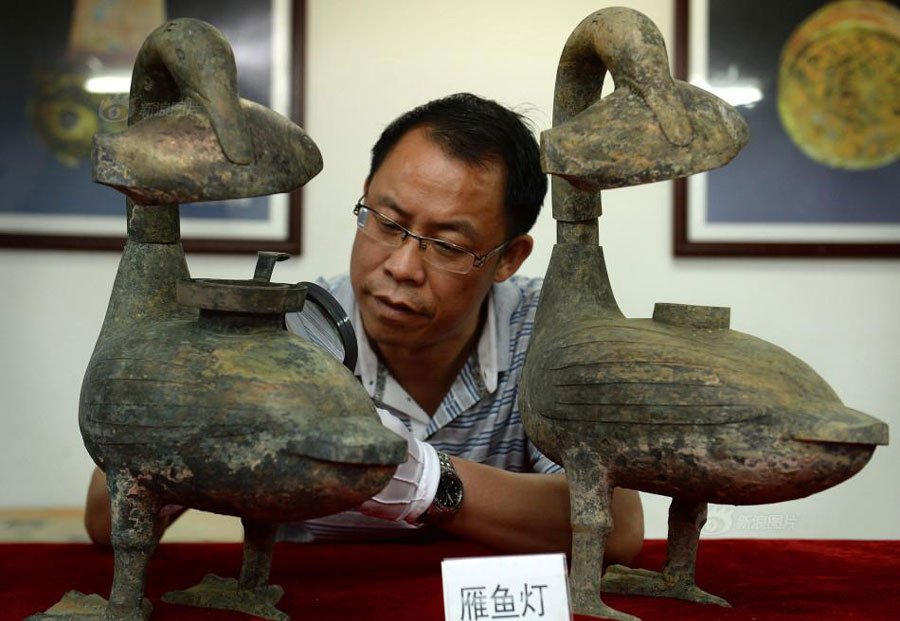
- Highly Advanced Robots In Ancient China
- 10 Great Ancient Mysteries Of China
- Precious Ancient Chinese Immortality Suits Made Of Jade
Its main tomb is thought to belong to Liu He, grandson of Emperor Wu, whose reign ushered in one of the most prosperous periods in China’s history. Liu was given the title “Haihunhou” after he was deposed as emperor after only 27 days. Haihun is the ancient name of a very small kingdom in the north of Jiangxi.
The site’s excavation started in 2011 and is ongoing. Artifacts unearthed so far include nearly 3,000 wooden tablets and bamboo slips and a large number of bronze, gold and jade items.
MessageToEagle.com
References:
CRI English – Chinese Archaeologists Unearth Ancient Smoke-Absorbing Lamps
MessageToEagle.com – Locked Tomb May Shed Light On Fate Of Little-Known Emperor 2,000 Years Ago


